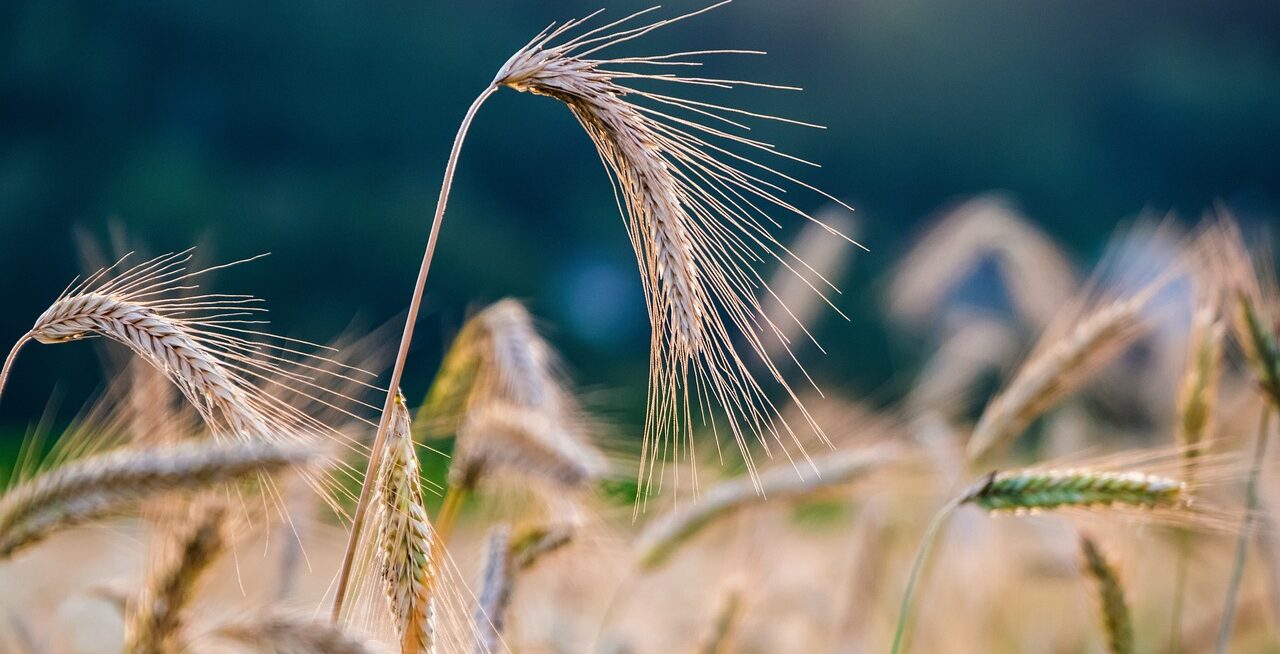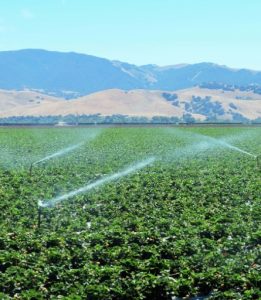By James Dinneen
Rising global temperatures are likely to cause deep losses to the world’s most important crops – despite farmers’ best efforts to adapt. A global analysis of crop yields suggests that, by the end of the century, each degree Celsius of warming will reduce the food available per person by about 121 kilocalories per day.
Under a 3°C warming scenario – roughly our current trajectory – “that works out to giving up breakfast for everyone”, says Andrew Hultgren at the University of Illinois Urbana-Champaign.
Hultgren and his colleagues collected data on the yields of the world’s six main staple crops, accounting for more than two-thirds of global calories. “It’s one of the largest datasets now available of high-resolution crop yields,” he says. They also collected information on local weather patterns from 54 countries.
The researchers then used this information to project how the different crops would respond to a changing climate – and how farmers would adjust as well. “We mined that data for information about how farmers have reacted to weather shocks historically,” says Hultgren. This allowed the researchers to estimate how different agricultural adaptations, such as changing which crop varieties are grown, boosting irrigation or using more fertiliser, would mitigate crop losses.
For all crops except rice, which grows better when nights are warmer, they found that higher temperatures will lead to steep losses. For instance, global corn yields are projected to fall by about 12 or 28 per cent by the end of the century – depending on whether greenhouse gas emissions are moderate or very high respectively – relative to what they would be without global warming.




